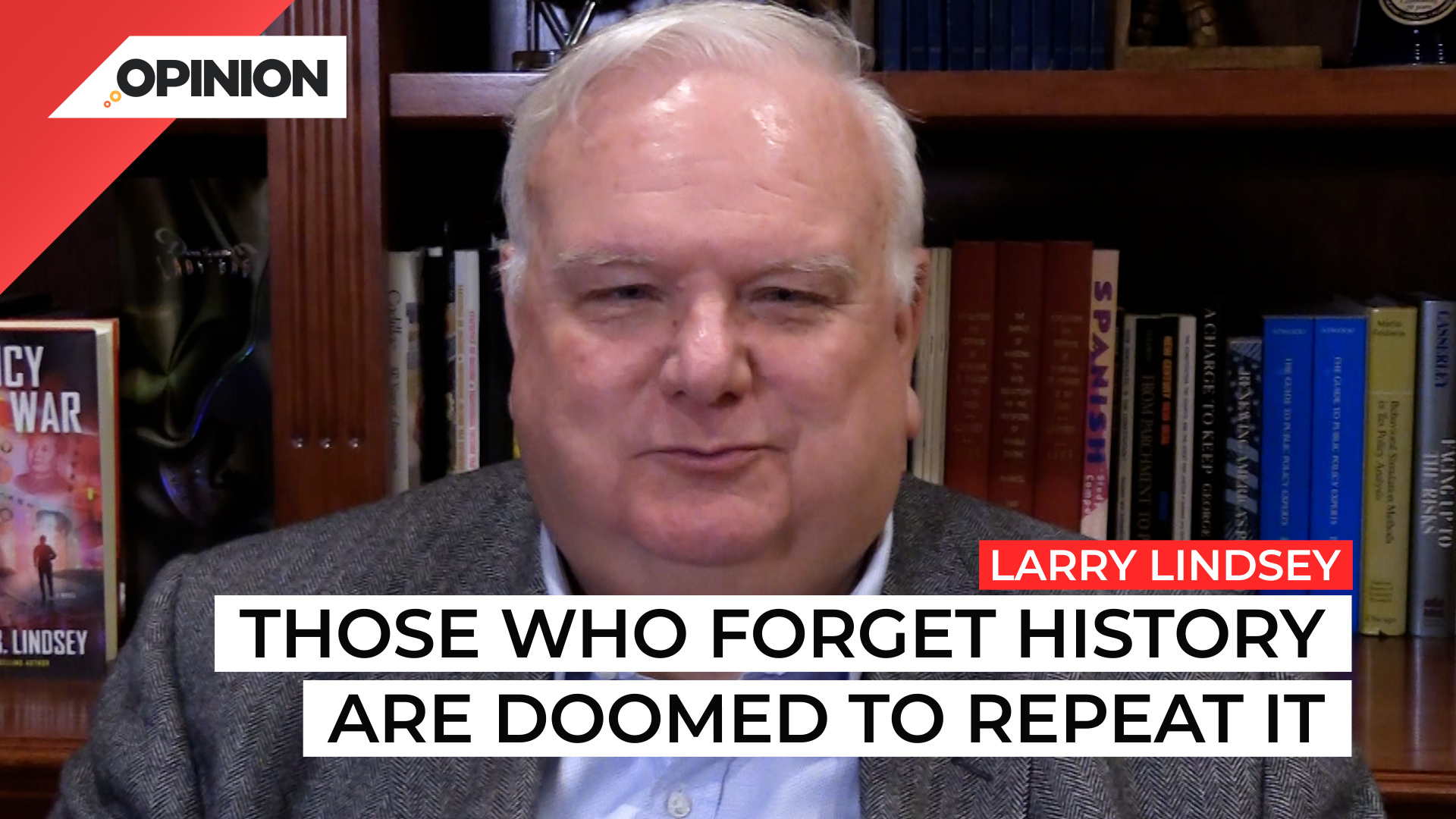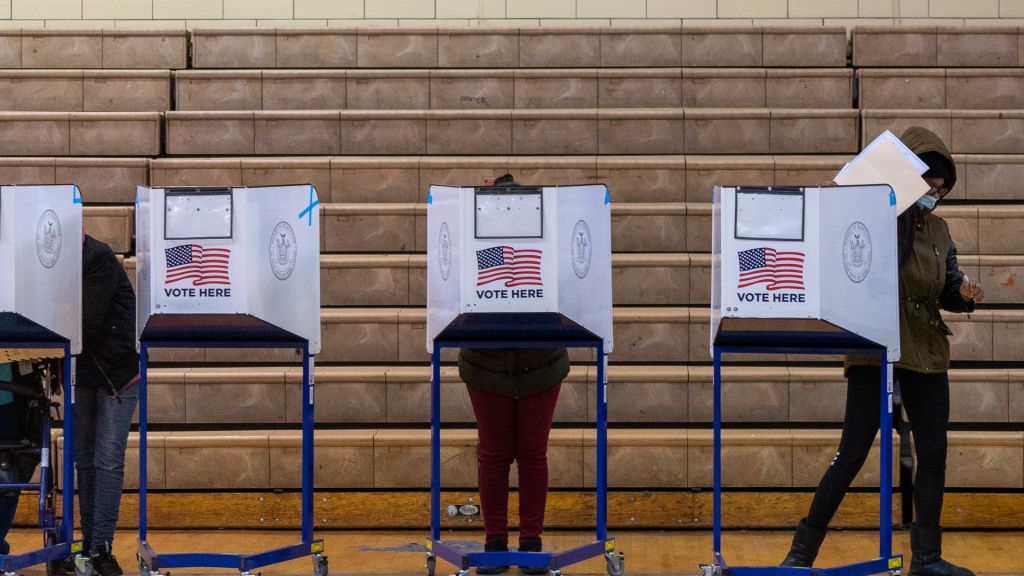
Commentary
-
Our commentary partners will help you reach your own conclusions on complex topics.
There’s an old saying that those who forget history are doomed to repeat it. Well, a little history. During the 1930s, unemployment was a major problem. In order to protect people from being unemployed, governments around the world, led by the United States, imposed tariffs on imports. The idea was to benefit domestic producers as opposed to foreign producers.
Well, when you put a tariff on something, it’s price goes up. The producers gain, but the consumers lose. And on net, the consumer loss is more than what the producer gains. That’s mainly because there are lower real incomes when prices go up. So people could afford to buy even less of just about everything. Then other countries followed suit and we had something called beggar thy neighbor tariffs. The idea was that, I don’t care what happens to exporters in another country. I just want to protect myself. Well, the whole process contributed to a great depression that was virtually worldwide.
Well, fast forward to today. Unemployment isn’t the problem; inflation is. But governments still haven’t learned. So what we’re doing now in many countries is to ban exports. The idea is to keep the goods at home that will increase domestic supply and push prices down. The politicians can then claim that they have fought to reduce inflation. Now, of course, when you don’t export, prices overseas go up a lot. Then other countries begin to ban exports as well for the same reason.
There’s a long-term problem in all this. When you keep domestic prices low over time, the countries that produce those goods go out of business and these… barriers are going to be up for a long time. Again, take America as an example. We imposed a crude oil export ban back during the oil crisis in 1975. We never got around to repealing it until 2015 – 40 years later. So these things tend to stay.
Well, two prominent examples. India has banned the export of wheat without special government…approval. Now you gotta remember, India is the second largest producer of wheat in the world. Just on the announcement, the price of wheat globally went up 5%. That was on top of an already 25% rise that occurred because of the Russia-Ukraine conflict. And then in Indonesia, they banned the export of palm oil, which is widely used in the area as a cooking oil. Well, prices collapsed domestically, and a lot of palm growers went out of business. They may not come back. In total, 19 countries in the world have now banned food exports of one kind or another. A total of 31 different commodities of food are impacted. That affects, believe it or not, 17% of all world calorie consumption. That is one heck of a lot of calories.
Now the purpose of rising prices, which happens when you restrict exports, is that the prices are designed to ration the available supply, which means some people will lose out. Those people tend to be the poorest people on the planet. And so we’re going to have actually people starving around the world because of this practice. We’re also starting a global commodity supercycle, according to some.
Well, that rise in prices over the long term now has on its side the best helper you can get – the governments around the world who foolishly forget history and are enacting all these export bans.
-
Election 2024 will boil down to the Great Lakes states
Pollsters and pundits have been engaged in a long debate about how Biden or Trump might win the 2024 election, with much of their focus spent on the “swing state” electoral battlegrounds. While the winners of Alabama or California may be obvious, for instance, who wins Pennsylvania is a more difficult question. Watch the above… -
Why the Fed should consider Theory of Reflexivity when fixing policy
The Theory of Reflexivity, often used in the context of economics and financial markets, implies that investors don’t base their decisions on reality but on their perceptions of reality. This creates a feedback loop where investors’ perceptions influence economic fundamentals, which in turn alter investor perceptions. Watch the above video as Straight Arrow News contributor… -
Federal Reserve surpassed its own wildest expectations
On May 14, the U.S. Bureau of Labor Statistics released the most current producer price index (PPI) report, which showed an increase of 0.5% month-over-month in April. After the report’s release, U.S. Federal Reserve chairman Jerome “Jay” Powell said that while he believes the current policy rate is restrictive by many measures, the Fed needs… -
Polls give slight advantage to Trump in Electoral College
With the U.S. general election only six months away, leading candidates President Joe Biden and former President Donald Trump appear to be engaged in a very close contest. In their 2020 race, the winner of the Electoral College was ultimately determined by a relative handful of voters in just a few swing states, even though… -
College sports is big money but not everyone benefits
March Madness has wrapped up and Caitlin Clark has emerged as a household name as well as a wealthy student athlete. Earning over $3 million throughout her college career, her success stands in stark contrast to the previous notion that collegiate athletes shouldn’t earn anything beyond their scholarship. Straight Arrow News contributor Larry Lindsey examines…
Latest Opinions
-

CNN faces defamation trial over Afghanistan evacuation report
-
 Getty Images
Getty Images
Self-driving vehicle company Waymo gets $5.6B to expand, despite challenges
-
 Getty Images
Getty Images
Massive fire at US base in South Korea extinguished after 19 hours
-
 Getty Images
Getty Images
Dodgers-Yankees World Series matchup the more classic kind of ‘moneyball’
-
 Getty Images
Getty Images
Federal judge orders Virginia to restore more than 1,600 voter registrations
Popular Opinions
-
In addition to the facts, we believe it’s vital to hear perspectives from all sides of the political spectrum.


